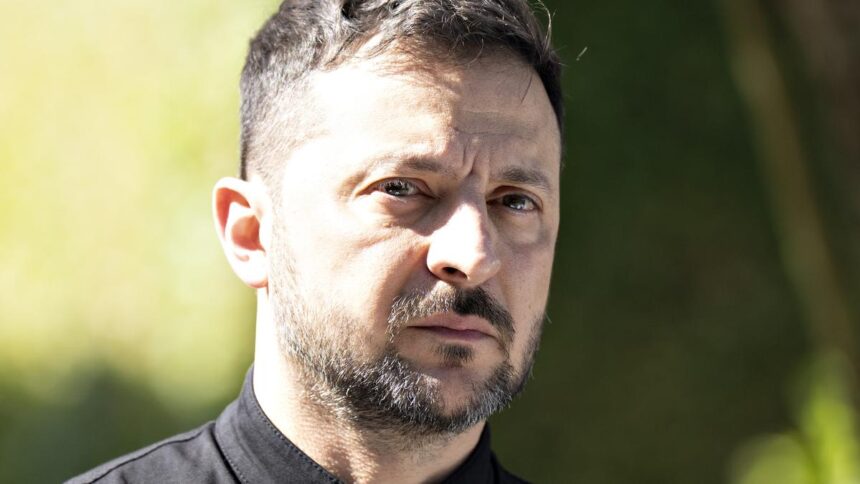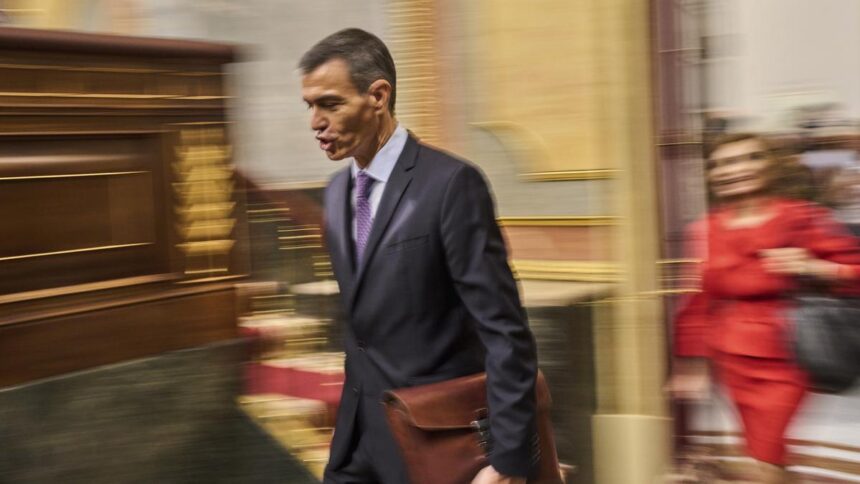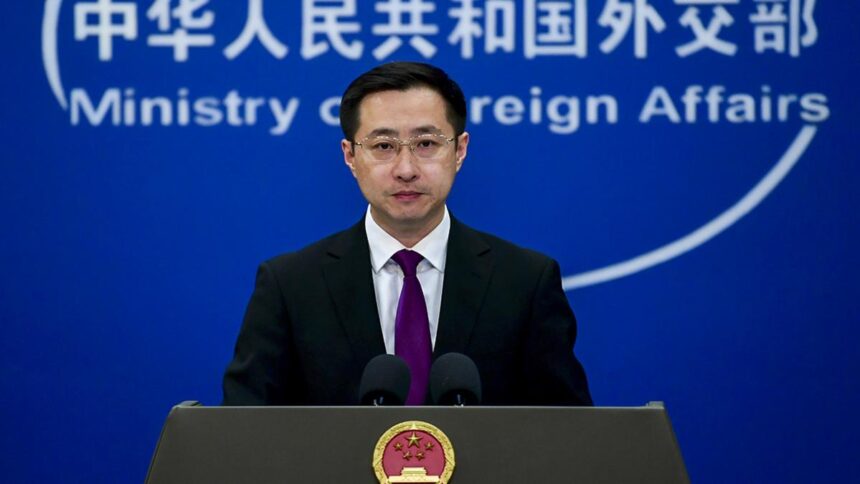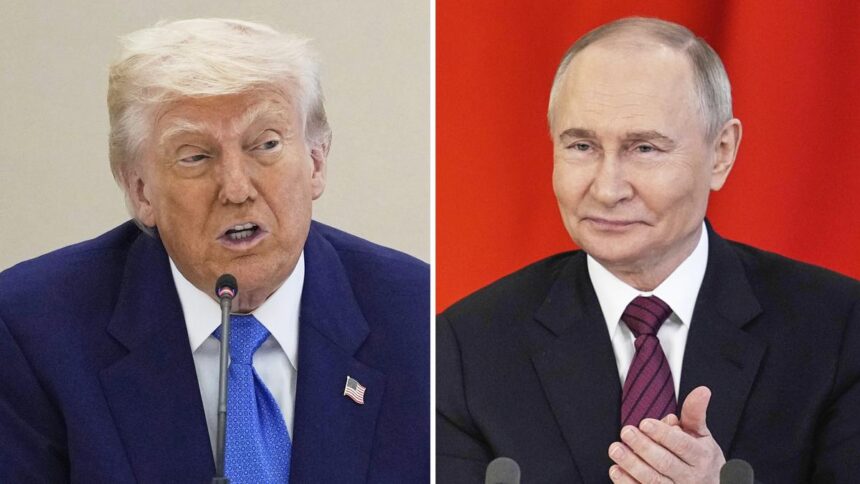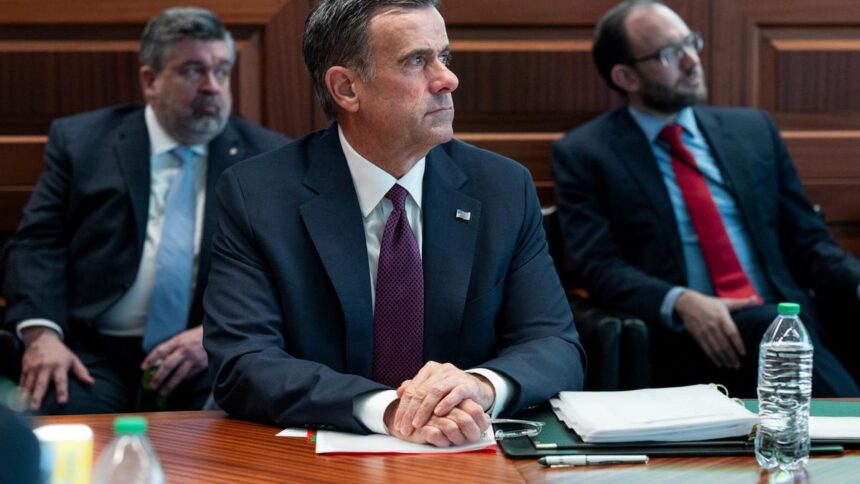Italy is hosting the fourth annual conference on rebuilding Ukraine even as Russia escalates its war, inviting political and business leaders to Rome to promote public-private partnerships on defence, mining, energy and other projects as uncertainty grows about the U.S. commitment to Kyiv’s defence.
Premier Giorgia Meloni and Ukrainian President Volodymyr Zelenskyy were opening the meeting on Thursday (July 10, 2025), which gets under way as Russia accelerated its aerial and ground attacks against Ukraine, firing a record number of drones across 10 regions this week.
Editorial | War and talks: On Russia and Ukraine
Italian organisers said 100 official delegations were attending and 40 international organisations and development banks.
But there are also 2,000 businesses, civil society and local Ukrainian governments sending representatives to participate in a trade fair, complete with booths, on the grounds of the Ministerial-level meeting at Rome’s funky new “Cloud” conference centre in the Fascist-era EUR neighbourhood.
Conference will pair investors with Ukrainian counterparts
The aim of the conference is to pair international investors with Ukrainian counterparts to meet, talk and hammer out joint partnerships in hopes of not just rebuilding Ukraine but modernising it and helping it achieve the necessary reforms for admission into the European Union.
Kremlin says it will take time to clarify what weapons U.S. will send to Ukraine after Trump remarks
Already on the eve of the meeting, Italy announced several initiatives. The Justice Ministry said it would be signing a memorandum of understanding on penitentiary cooperation with Kyiv on Thursday (July 10, 2025), while the Foreign Ministry announced a deal to build a new pavilion for the Odesa children’s hospital and provide medical equipment for it, via 30 million euros of credit.
“It could feel a bit counterintuitive to start speaking about reconstruction when there is a war raging and nearly daily attacks on civilians, but it’s not. It’s actually an urgent priority,” said Eleonora Tafuro Ambrosetti, senior research fellow at the Rome-based Institute for Studies of International Politics, or ISPI.
Russia calls Ukraine war ‘existential’, strikes back
Fourth meeting recovery
It’s the fourth such recovery conference on Ukraine’s recovery, with earlier editions in Lugano, Switzerland in 2022, London in 2023 and Berlin last year. The Berlin conference elaborated four main pillars that are continuing in Rome to focus on business, human capital, local and regional issues, and the necessary reforms for EU admission.
“It’s basically a platform where a lot of businesses, European businesses and Ukrainian businesses, meet up and network, where you can actually see this public-private partnership in action, because obviously public money is not enough to undertake this gigantic effort of restructuring a country,” said Ms. Ambrosetti.
The World Bank Group, European Commission and the United Nations have estimated that Ukraine’s recovery after more than three years of war will cost $524 billion (506 billion euros) over the next decade.
Ukraine’s partners are focussing on industries and issues
Alexander Temerko, a Ukrainian-British businessman and former Defence Minister under Boris Yeltsin, said the Rome conference was different from its predecessors because it is focussed on specific industries and issues, not just vague talk about the need to rebuild.
The programme includes practical workshops on such topics as “de-risking” investment, and panel discussions on investing in Ukraine’s rare earth minerals, pharmaceutical and domestic defence industries.
“This is the first conference which is considering particularly projects in the energy sector, the mining sector, the metallurgical sector, the infrastructure sector, the transport sector, which need to be restored Ukraine and during the war especially,” he said.
“That is the special particularity of this conference.” The former U.S. special representative for Ukraine negotiations, Kurt Volker, said Ms. Meloni could make the conference a success if she endorses a coordinating agency to provide follow-up that would give “focussed political leadership” behind Ukraine’s recovery.
“If there is a sustainable ceasefire, Ukraine can be expected to experience double-digit economic growth. And yet a high-level focus on economic development is still lacking,” Mr. Volker wrote for the Centre for European Policy Analysis.
In addition to Ms. Meloni and Mr. Zelenskyy, German Chancellor Friedrich Merz, Polish Prime Minister Donald Tusk, Dutch Prime Minister Dick Schoof, European Commissioner Ursula von der Leyen, as well as economy and or Foreign Ministers from other European countries are coming.
French President Emmanuel Macron remained in Britain with Prime Minister Keir Starmer, but they and several of the participants of the Rome conference will participate in a videoconference call on Thursday (July 10, 2025) of the “coalition of the willing,” those countries willing to deploy troops to Ukraine to police any future peace agreement with Russia.
Retired Lt. Gen. Keith Kellogg, President Donald Trump’s special envoy to Ukraine and Russia, was in Rome and met with Zelenskyy on Thursday (July 10, 2025).
Coalition’s success hinges on U.S backup
The success of the coalition’s operation hinges on U.S. backup with airpower or other military assistance, but the Trump administration has made no public commitment to provide support. And even current U.S. military support to Ukraine is in question.
Mr. Trump said on Monday (July 7, 2025) that the U.S. would have to send more weapons to Ukraine, just days after Washington paused critical weapons deliveries to Kyiv amid uncertainty over the U.S. administration’s commitment to Ukraine’s defence. Mr. Trump’s announcement came after he privately expressed frustration with Pentagon officials for announcing a pause in some deliveries last week — a move that he felt wasn’t properly coordinated with the White House, according to three people familiar with the matter.
Published – July 10, 2025 12:44 pm IST













